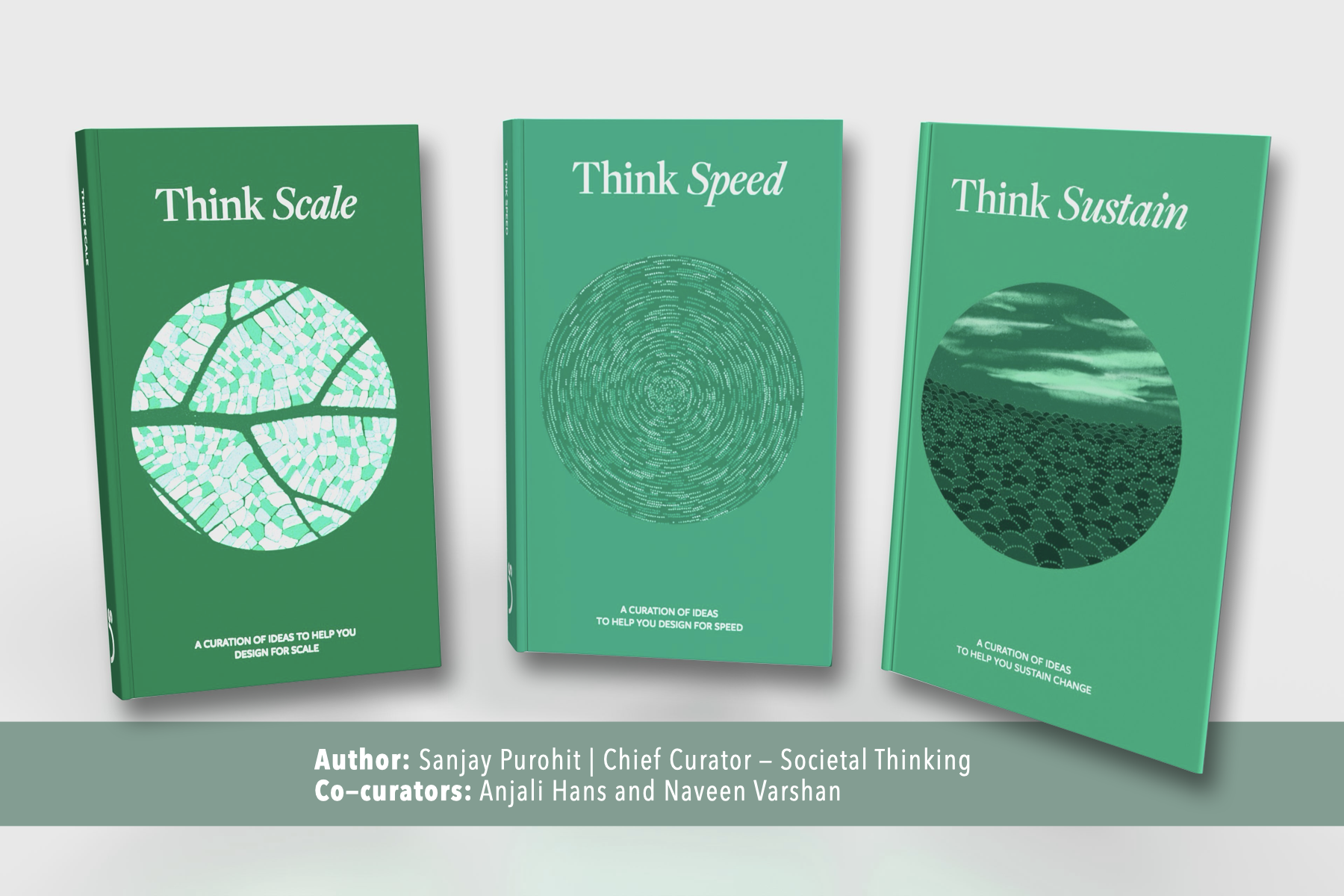“A perfect, finished utopia isn’t possible,” an older cooperativista told me on the patio of a bar one sweaty night. “Utopia is an idea you work toward, and once you make the idea come true, it changes.”
At the time I was born, women could vote, study, open bank accounts and travel by themselves. They could not, still, love and live with another woman, inherit property on par with their brothers or seek legal protection from domestic violence or sexual harassment at the workplace. Growing up with such duality was odd. I played cricket with the boys in my neighbourhood without worry but had to come home before nightfall. I went to parties where women huddled in the kitchen and men drank and smoked outside. I sat for the same exams as boys but if I scored more marks, teachers would make sure to tell everyone a girl did better.
Over time, these oddities changed. The conversation on women’s rights expanded to include more than just (what we now think of as) basic rights. We spoke about safely navigating public spaces, especially at night, about accessing contraception without embarrassment, about discriminatory hostel regulations and what it meant to live in rape culture. Now, just a few years later, the landscape of women’s rights looks entirely different. We talk about embodiment, about the pleasures of loitering, about pronouns and sexualities and loving ourselves and each other freely and openly, about intersectionality and how it enables us to navigate the ‘ands’ in our identities. The paradigm is always shifting.
What’s curious is how this shift happens. Policies, infrastructure, resources and habits and routines shape the status-quo, or paradigm, of society. Although this paradigm ensures we are in a stable state, it makes solving complex problems difficult. If we solve one or a few symptoms of such problems, the stable state stays the same and keeps change from sustaining. What we need to create lasting change is to solve the one problem that will shift the paradigm from where it will be inefficient to go back.
I see 3 ingredients for bringing about such shifts so that change sustains:
- Intense desire for a new state of being: Women’s rights have been organised for, fought for and continue to be strived for because women want to bring about a world where they enjoy agency, dignity and choice. I’ve realised the closer this place is to where we currently are, the easier it is to visualise and work towards. While the idea of utopia is always changing, it’s more effective to create a +1 change that is easy to adopt for everyone rather than change everything for everyone all at once.
- A new narrative: Rebecca Solnit says, “Every crisis is in part a storytelling crisis. We are hemmed in by stories that prevent us from seeing, or believing in, or acting on the possibilities for change.” Until we have a new narrative – a new story – new habits cannot be formed and sustained. What we need is a story where we, communities, are not just recipients of decision-making processes but are active co-creators of all decisions that affect our lives at an individual and collective level.
- Accountability between samaaj (civil society) and sarkaar (government): Shifting to a better state needs both samaaj and sarkaar to come together. While samaaj can gain momentum with movements (think Besharmi Morcha and a wave of women speaking against the Bhanwari Devi judgement) that give voice to the marginalised, give visibility into what the people really want and lay out these demands for sarkaar, sarkaar is instrumental in ensuring change sustains by institutionalising it. Like in the the case of Besharmi Morcha contributing to The Criminal Law (Amendment) Act, 2013 and Bhanwari Devi’s legal struggle paving the way for India’s The Sexual Harassment of Women at Workplace (Prevention, Prohibition and Redressal) Act.
Although I am talking about India because that’s my lived experience of womanhood, the paradigm is shifting everywhere. From women not being able to vote in the 18th Century to women serving as Heads of State in 27 countries, from women not being allowed to study until the 19th Century to nearly 5.9 Mn women being educators, from women not having bank accounts until mid 20th Century to 74% of women enjoying financial inclusion! As samaaj, we don’t just exist in a socio-cultural environment, we actively shape it. Enabling change that sustains needs us to reimagine and move towards a new paradigm, ceaselessly. A perfect, finished utopia may not be possible, but slowly and irrevocably moving towards a better equilibrium is.
These ideas are drawn from the book, ‘Think Sustain’. Read, download and share your Creative Commons copy here.
 Back
Back


